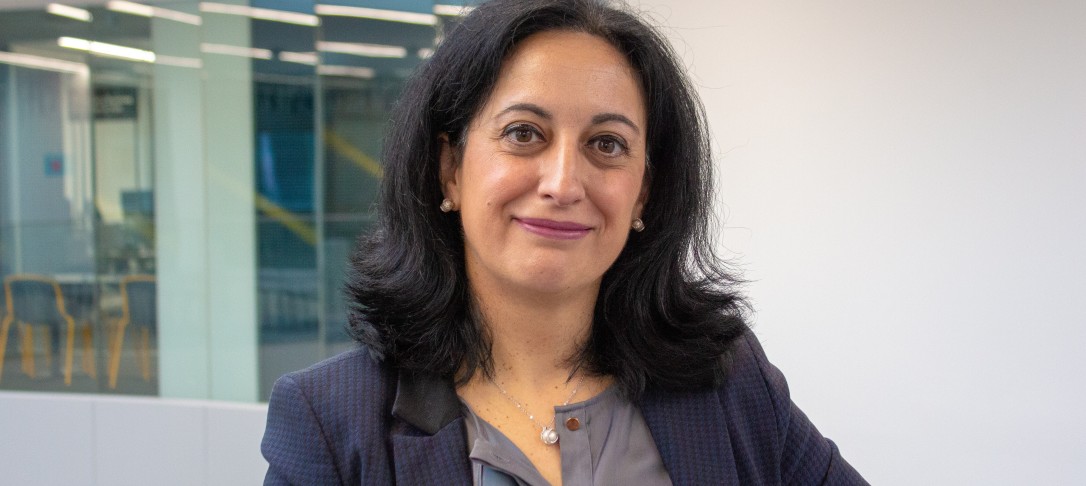
Abstract
The decarbonisation of industrial clusters is of critical importance to the UK’s ambitions of cutting greenhouse gas emissions to net zero by 2050. The UK Industrial Decarbonisation Challenge of the Industrial Strategy Challenge Fund (ISCF) aims to establish the world’s first net-zero carbon industrial cluster by 2040 and at least one low-carbon cluster by 2030. Decarbonisation is also critical for a green economic recovery, as the country emerges from the current crisis caused by COVID-19. This presentation will discuss the role of gas as enabler of the energy transition and decarbonisation of industrial sectors. Addressing this challenge requires a research and innovation programme to accelerate the transition and deliver a range of activities that enable industry-led, interdisciplinary research in cross-cutting areas of technology, policy, economics and regulation. Through connecting stakeholders, delivering innovation and maximising impact, we will help the UK industrial clusters to grow our existing energy intensive industrial sectors, as well as to attract new, advanced manufacturing industries for a green economic recovery.
Biography
Professor Maroto-Valer (FRSE, FIChemE, FRSC, FRSA, FEI) is leading the development of the UK Industrial Decarbonisation Research and Innovation Centre (IDRIC). She is Associate Principal (Global Sustainability) at Heriot-Watt University overseeing the environmental sustainability effort across our global campuses to the further development of leading research into low carbon technologies, through radical innovation, and working with partners to achieve global carbon reduction targets. She is also Director of the Research Centre for Carbon Solutions (RCCS), a world leading centre delivering innovation for the wider deployment of low-carbon energy systems required for meeting net-zero targets. She has held academic appointments at the University of Kentucky, Pennsylvania State University, University of Nottingham and currently at Heriot-Watt University. Her internationally recognised track record covers energy systems, CCUS, integration of hydrogen technologies and low carbon fuels. She has over 520 publications, including editor of 4 books, and holds leading positions in professional societies and editorial boards and has received numerous international prizes and awards.
About the Sustainable Gas Institute
Since 2014, the Sustainable Gas Institute has provided thought leadership and authoritative interdisciplinary evidence and analysis on the role of natural gas, hydrogen and biogas/biomethane in future low carbon energy systems.
Researchers at the Institute manage, lead and deliver world-class research with our global partners across the spectrum of science, engineering, economics and business to support policymakers and industry in their decision-making. The institute is led by Dr Adam Hawkes, and its governance board is chaired by Professor Nigel Brandon.